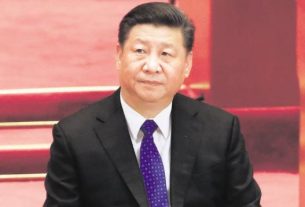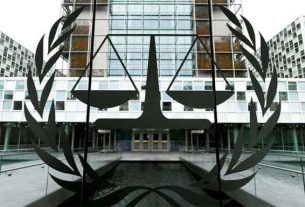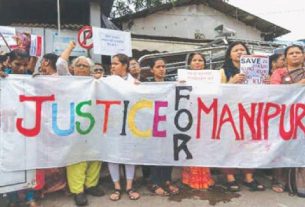A sex tape in Iran has led to the suspension of an official in charge of promoting Islamic values – and prompted authorities to deny any prior knowledge of his alleged behaviour.
A video posted online allegedly shows the head of culture and Islamic guidance in Gilan province, Reza Tsaghati, having sex with another man.
Their identities and the video’s authenticity have not been verified.
Mr Tsaghati has been removed from his post while authorities investigate.
Homosexuality is illegal in Iran, with LGBT+ people at risk of harassment, abuse and violence.
The video – which has been widely shared on social media – has caused furore online. Mr Tsaghati is the founder of a cultural centre focused on piety and the hijab.
On Saturday, Iran’s culture minister Mohammad Mehdi Esmaili said no negative reports relating to Mr Tsaghati had existed prior to the video’s publication.
Some have said the removal of Mr Tsaghati from his post highlighted the difference in how Iranian officials are treated when accused of a crime compared to the LGBT+ community, or women who do not adhere to Islamic rules.
Under Iranian law, which is based on Sharia, same-sex relations are viewed as crimes that carry a maximum penalty of death. This severe punishment has seldom been used, but the LGBT+ community face daily discrimination.
Women have also been severely punished in Iran for not wearing the hijab. Nationwide protests against its mandatory wearing erupted in September, sparked by the death of 22-year-old Mahsa Amini. She died three days after she was detained by Iran’s morality police for allegedly violating rules requiring women to cover their hair.
Iranian officials had initially stayed silent following the sex tape’s appearance on social media.
But the cultural and Islamic guidance department of Gilan eventually issued a statement on 22 July, in which it referred to the “suspected misstep of the director of Islamic guidance in Gilan”.
It said the case had been “referred for careful consideration to the judicial authorities” and warned against using the video to “weaken the honourable cultural front of the Islamic Revolution”.
The video was originally uploaded by the anti-establishment Radio Gilan Telegram channel.
Its chief editor, Peyman Behboudi, said the channel would continue to expose “corruption among regime officials.”__BBC.com





